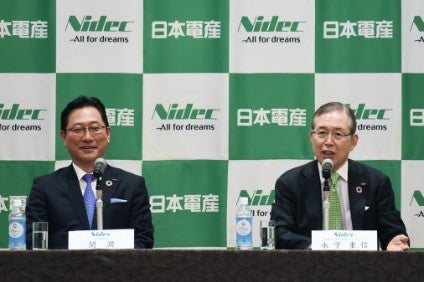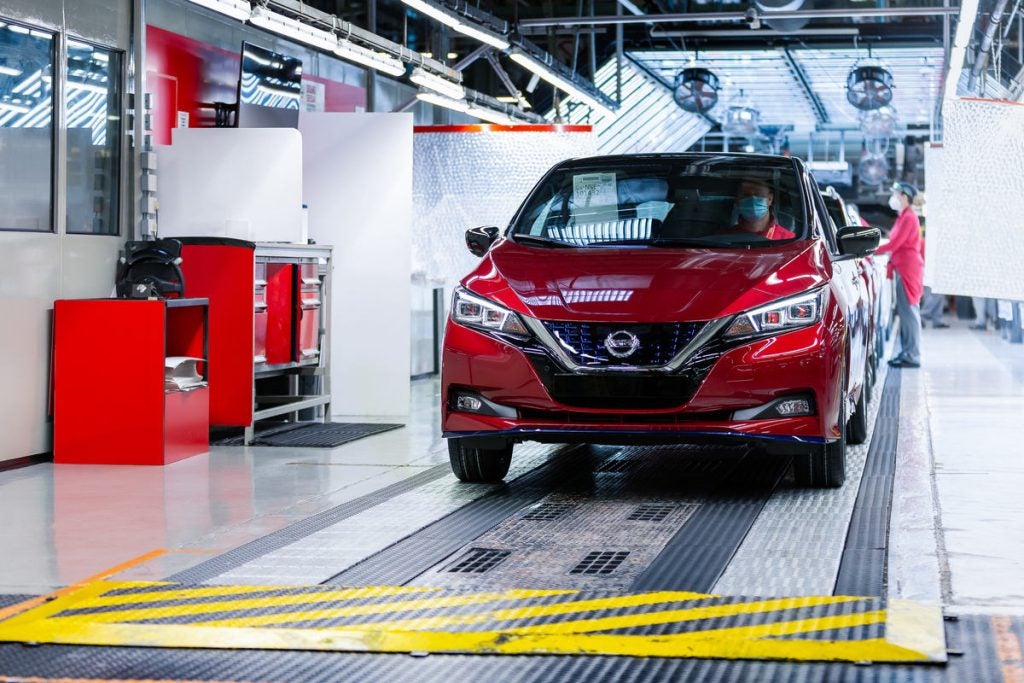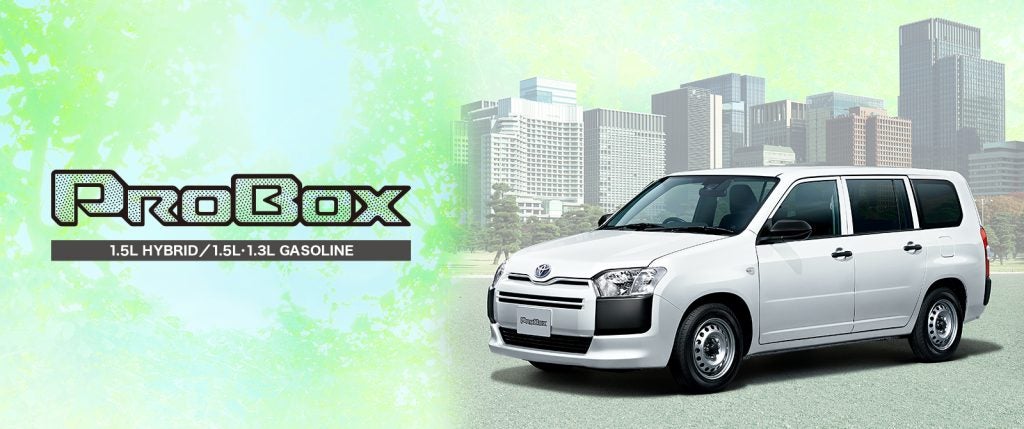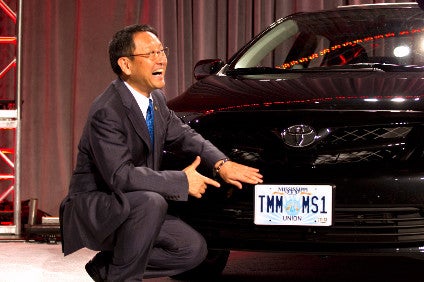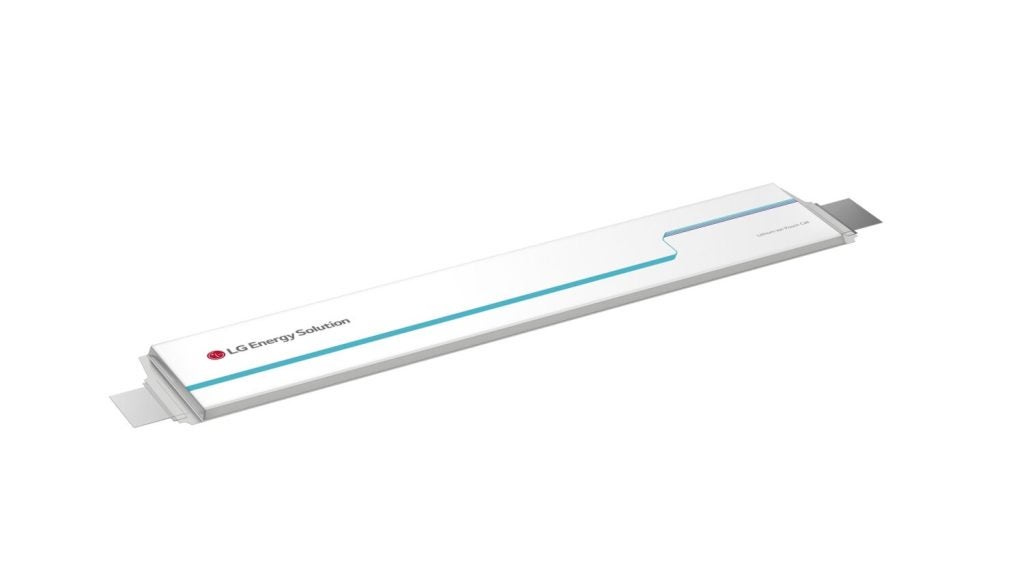Japanese electric motor maker Nidec slashed its full year operating profit forecast by almost 20% on Wednesday, warning of uncertainty in demand and intensifying price competition in China's electric vehicle market, Reuters reported.
The news agency said the sobering outlook for the company's signature e-axle traction motor business highlighted the challenges parts makers face in China as a price war and fewer subsidies for EV buyers has raised pressures to cut costs.
Nidec cut its operating profit forecast for the financial year to 31 March 18% to JPY180bn (US$1.22bn), versus an average forecast of JPY219.7bn from 18 analysts surveyed by LSEG.
Kazuyoshi Saito, a senior analyst at Iwai Cosmo Securities, told Reuters the news suggested it may take longer than expected for Nidec to revitalise the e-axle traction motor business, adding the company is known for its heavy dependence on China.
Nidec had invested heavily in developing and producing the motor which combines an EV's gear, motor and power control electronics, and was keen to expand the business.
"It feels like it won't be able to survive unless they implement a major change in strategy," Saito said, commenting on the traction motor business in China. "I'm concerned it will be a negative surprise for the stock price."
Reuters noted prices in China began to fall when Nidec started making the second generation of its motor, dropping to levels well below those its chairman and founder Shigenobu Nagamori had envisaged.
"I have been running a company for 50 years," Nagamori reportedly told a press conference.
"This is my first time running a business like this, as our competitors, ourselves and our customers are all in the red," he added, addressing the motor business and China's EV market.
Nidec expects up to JPY40bn in one off costs to turn around the motor business via measures such as limiting unprofitable orders and localising product development and procurement.
Third-quarter operating profit nearly doubled to JPY53.6bn from JPY28bn a year earlier. That was slightly lower than the average forecast of JPY55.6bn in a survey of eight analysts by LSEG, Reuters said.


